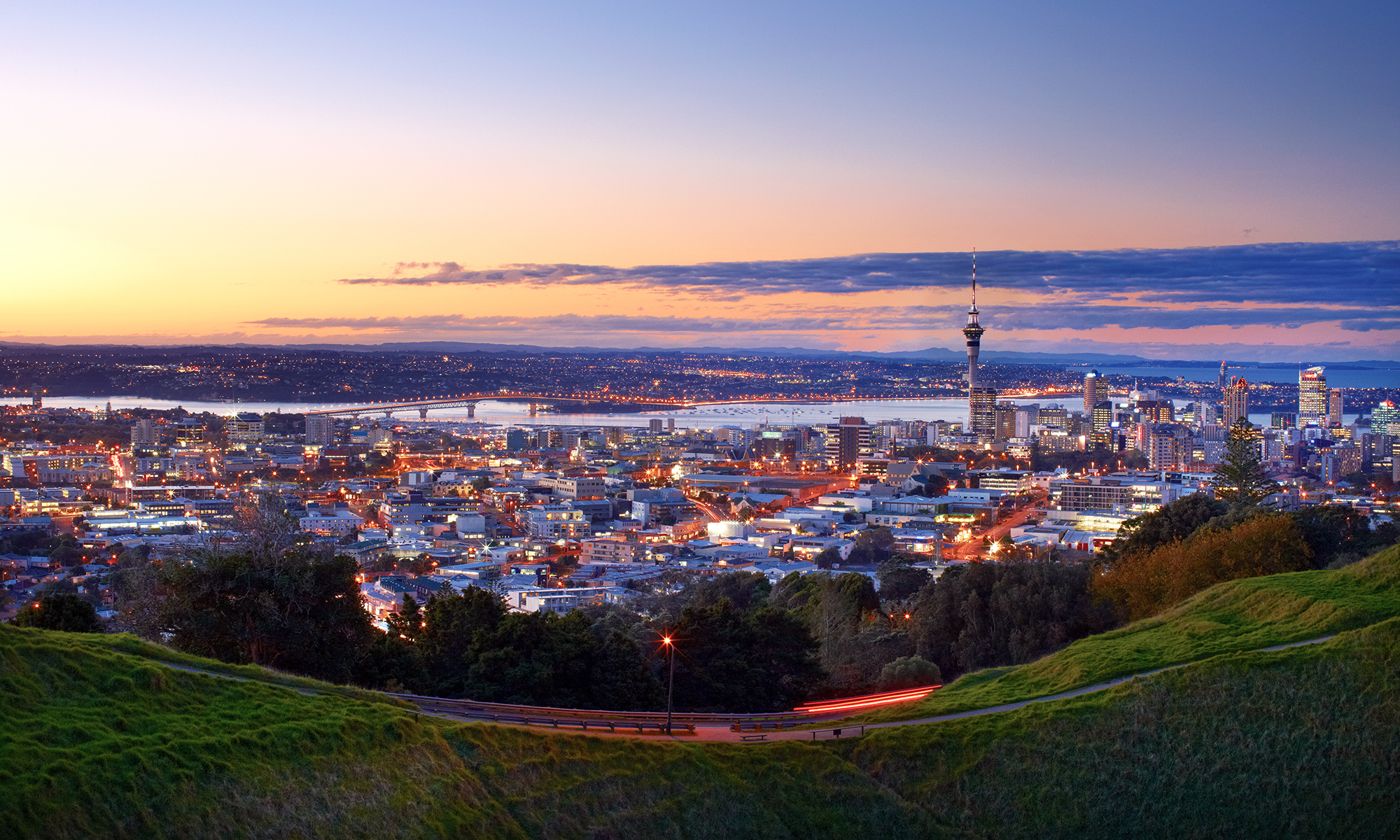New Zealand’s place in the world: the implications of COVID-19

New Zealand needs to leverage its safe, strong reputation and unique position for its economic advantage, say experts in a new paper that examines the effect of the pandemic on our international standing.
New Zealand’s place in the world: the implications of COVID-19 is the third discussion paper in The Future is Now Conversations Series produced by Koi Tū: The Centre for Informed Futures, a think tank and research centre at the University of Auckland.
Koi Tū director Sir Peter Gluckman says leveraging New Zealand’s strong reputation, diversifying the markets we target and the products we sell, and harnessing our entrepreneurial business sector are some of the many economic opportunities available.
As a small, geographically isolated island nation, New Zealand is particularly vulnerable to international disruptions that affect our strategic alliances, market access, supply chains, tourist and student flows, and the availability of international labour.
“COVID-19 has been such an unprecedented disruption. The future progress of the pandemic and countries’ responses to its direct and indirect effects are uncertain. We have limited resources to respond to the challenges and need to prioritise actions which will make the biggest and most long-lasting differences,” he says.
Sir Peter says New Zealand’s reputation and standing, along with its hopefully COVID-free status, may make us attractive for corporate entities to bring core research and development (R&D) and intellectual assets, including management teams, into our well-connected and safe environment.
Written by John Allen (former chief executive and Secretary of Foreign Affairs and Trade), Sir Peter Gluckman, Dr Anne Bardsley and defence science specialist Hema Sridhar, the paper captures the insights of more than 20 domestic and international trade, diplomatic and strategic experts.
The paper explores trade, political and economic models and considers what New Zealand can do to leverage advantage – such as re-energising our relationship with China, working closely with Australia, building coalitions with other small advanced countries, re-orienting our economy and investing in innovation.
Mr Allen says the COVID-19 pandemic arrived at a time when the world was already struggling with growing tensions between the major powers, and in particular between the USA and China.
“The shifting world order creates risks for New Zealand because many of the decisions that determine the new norms will be made by others, and we have limited, or no, ability to influence them.”
Mr Allen says New Zealand needs to re-energise its relationship with China, as it is still our number one trading partner, and with both the US and Europe under pressure, it still represents the most significant opportunity for many New Zealand businesses in the immediate future.
He says New Zealand has to date successfully navigated between Chinese and American interests, but this is becoming more challenging – particularly with the US election ahead and the pandemic’s impact in the USA.
“These relationships will always be critical. We should use less traditional vehicles for relationship building such as science and culture and we need to enhance our cultural understanding of China, particularly across Government. We do not have to choose between the major powers and we should not do so.”
Mr Allen also stresses the need to continue to work closely with Australia and other countries in the Pacific region.
“With our economy and society tightly integrated with Australia, we need to re-open our respective borders to each other as soon as possible, while also exploring new, non-regionally based trading alliances, in which Japan could be a critical partner.”
The pandemic has highlighted the need for global cooperation, now more than ever, not just in this crisis but because of the even greater threat of climate change.
“New Zealand must be bold and outward looking in a world that may turn inwards,” says Sir Peter.


